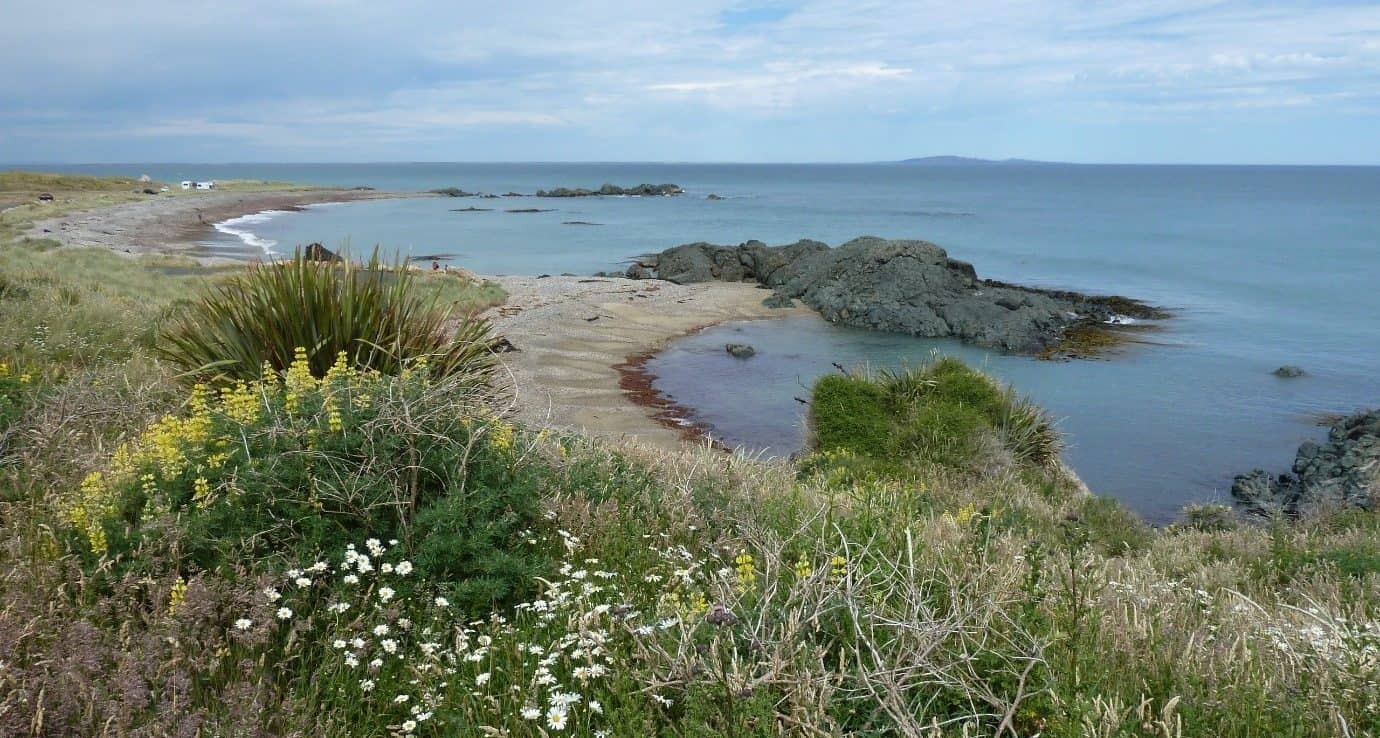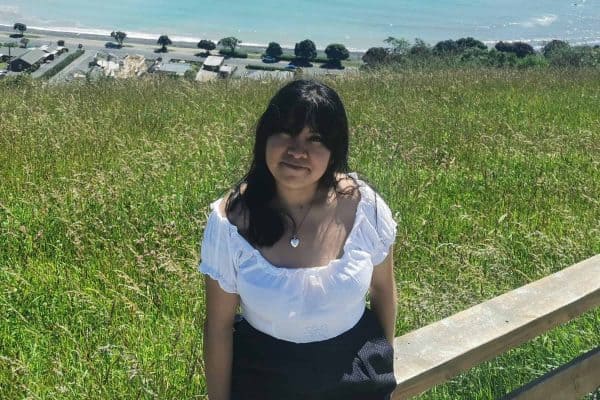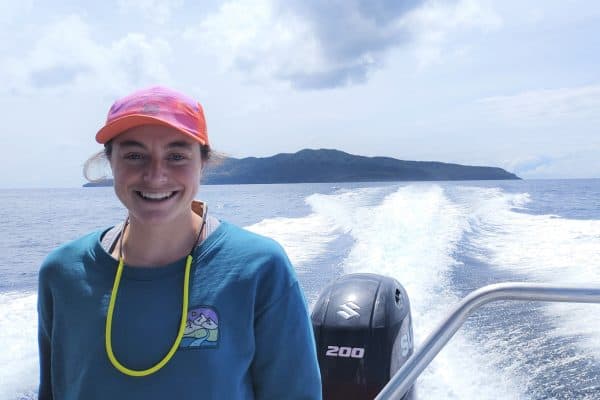Student profile: Lucy Kaiser
Investigating tangata whenua views
and responses to climate change
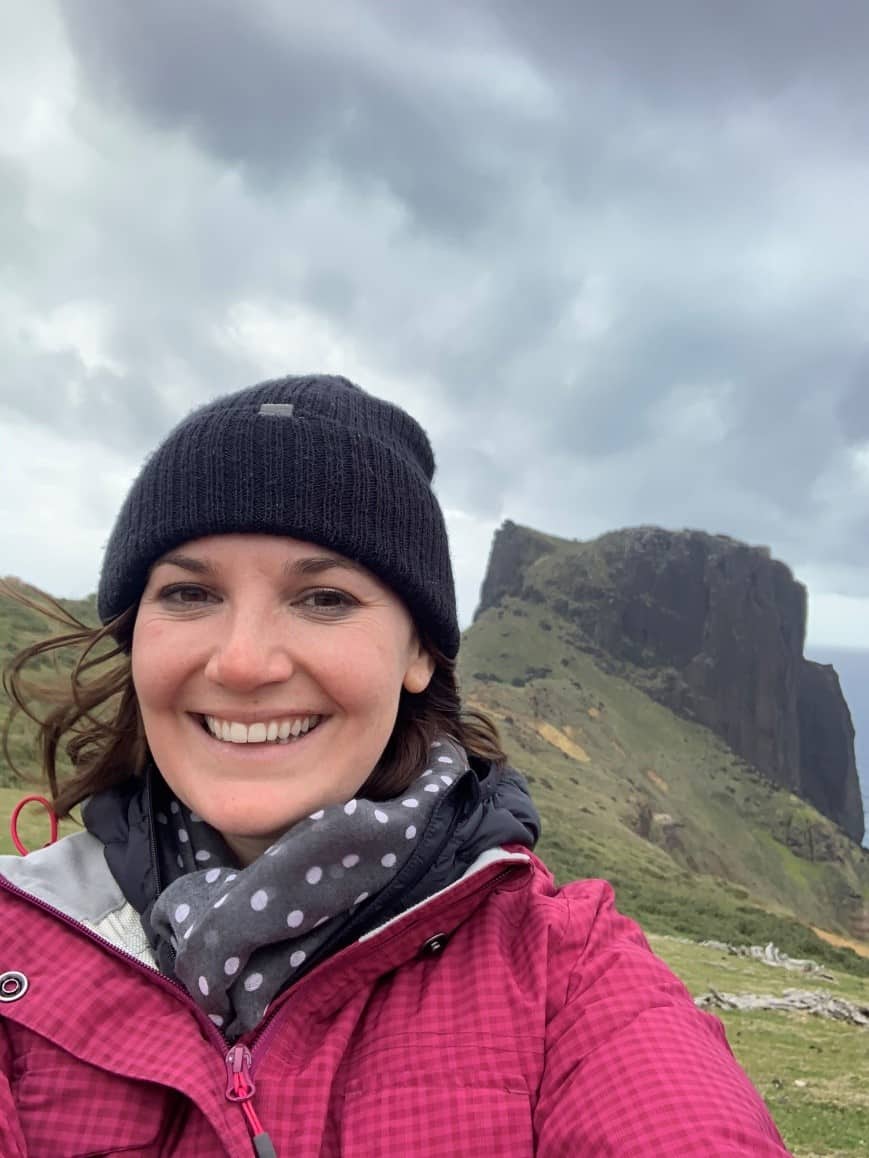
Ko Tākitimu te māunga
Ko Aparima te awa
Ko Te Ara a Kiwa te moana
Ko Ngāi Tahu te iwi
Ko Takutai o te tītī te marae
No Ōtautahi ahau
Ko Lucy Kaiser ahau
I am currently in my first year of my PhD in Emergency Management at Massey University’s Joint Centre for Disaster Research. While I grew up in Ōtautahi (Christchurch), I whakapapa to the Ōraka-Aparima area of Murihiku (Southland). In the 1930s, my great-great-uncle Eruera Poko Cameron collected the local stories and correct kupu for important places in the rohe from kaumātua, and my great-grandmother’s whānaunga Ulva Belsham’s research on waiata and whakapapa is a precious resource on Kai Tahu Māori language in the south. I like to think that the same passion for the stories and history of our people and for the whenua and moana runs through my whakapapa to me.
My background is in sociology and indigenous disaster management. I conducted my BA in sociology at the University of Otago and with the support of a Fulbright Award I completed a Masters in Sociology of Disasters at Colorado State University researching tribal disaster mitigation plans in the United States. This was an amazing opportunity to see some of the fantastic work that was been done by indigenous tribes internationally in the disaster management space.
Receiving a PhD scholarship from the Resilience to Nature’s Challenges Mātauranga Māori programme and support from the EQC Mātauranga Māori Disaster Risk Reduction Research Centre has allowed me the opportunity to further explore my interest in indigenous disaster management, particularly regarding climate change, from a Te Ao Māori perspective.
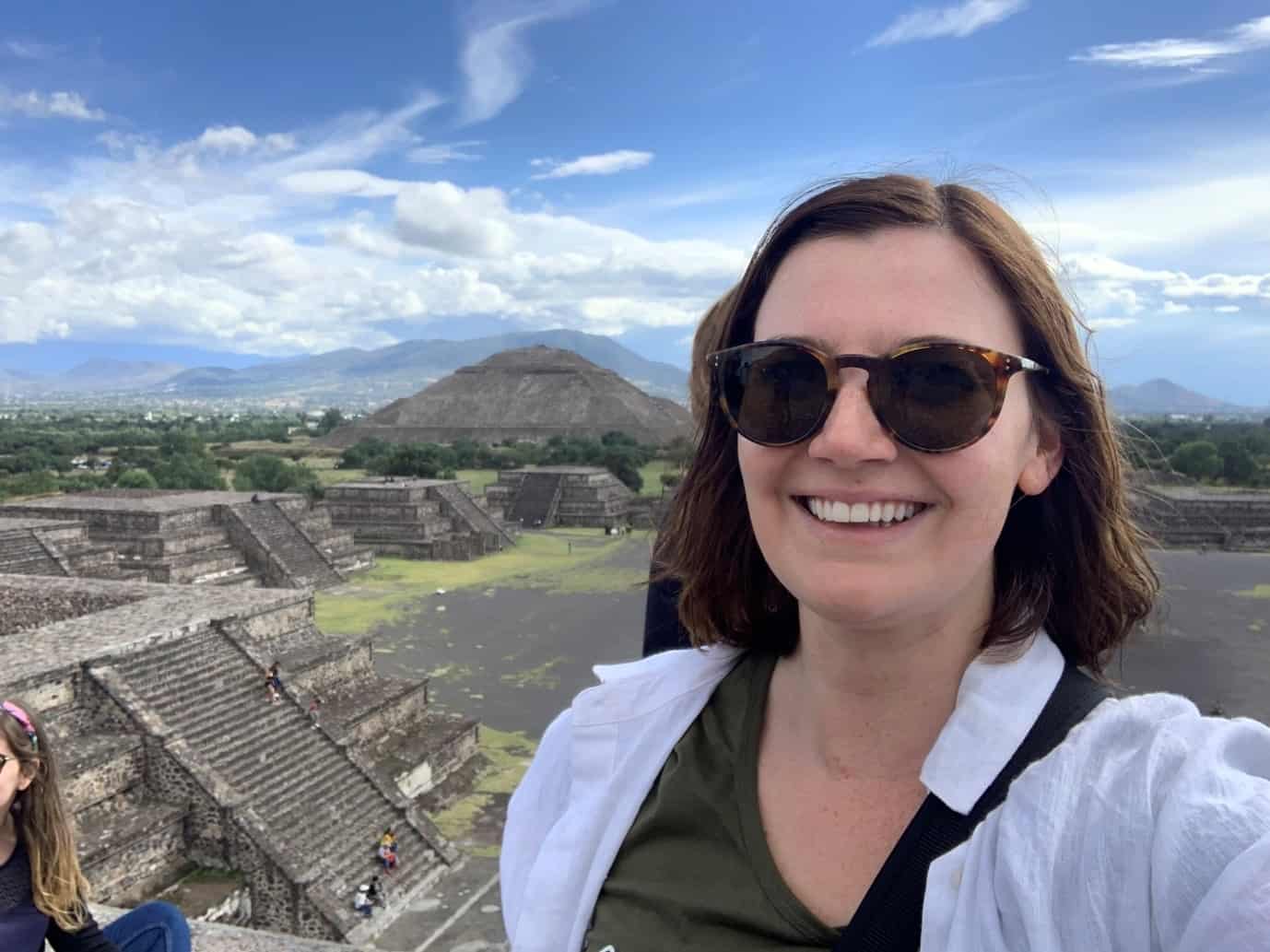
My project
Climate change-related events such as sea level rise, ex-tropical cyclones, and severe storms (for example, the February 2020 Southland floods) have added to the complex environment in the Murihiku region, and adversely impacted tangata whenua, physically, culturally, economically and spiritually. Iwi, hapū and marae frameworks such as Ngāi Tahu ki Murihiku’s Te Tangi a Tauira environmental management plan (2008) and Te Rūnanga o Ngāi Tahu’s ‘He Rautaki Mō Te Huringa o te Āhuarangi’ climate change strategy (2018) take into account these climate change-related impacts and provide mechanisms for preparing, mitigating and responding to them.
This research will draw from kaupapa Māori methodologies and western European science to explore climate change issues that are impacting tangata whenua as well as the effectiveness and relationships between mātauranga Māori, iwi/rūnanga management plans and national and regional planning strategies/practices for mitigating climate changes in Aotearoa.
Next steps
My next steps will be connecting kanohi ki te kanohi (face to face) with whānau down south to share information and collaboratively develop an appropriate research plan addressing the community’s aspirations and interests in relation to climate change and disaster management and planning. There is a wealth of knowledge held by our kaumātua who have observed and responded to the impacts of climate change on our coastal marae and wāhi tapu sites and to taonga species such as tītī (mutton birds) that I would be privileged to learn from. I have been very grateful of the generosity and manaaki that I have received in the initial stages of this work and it is my hope to deliver research that will be meaningful for the Murihiku community’s climate change adaptation work in the future.
